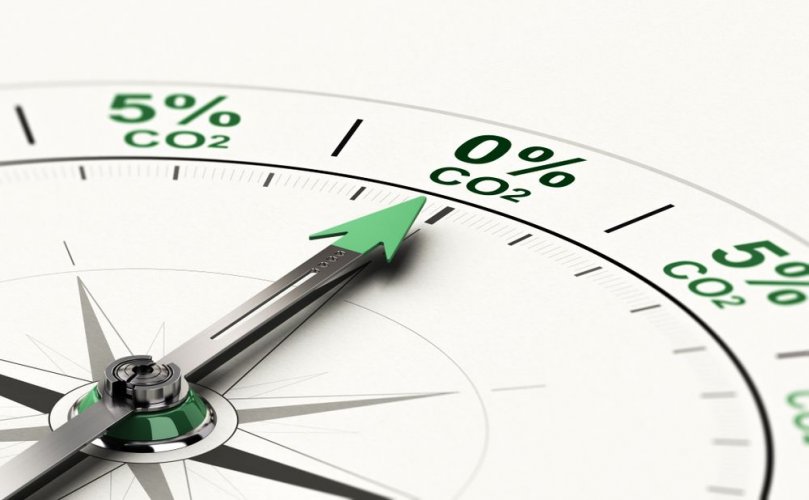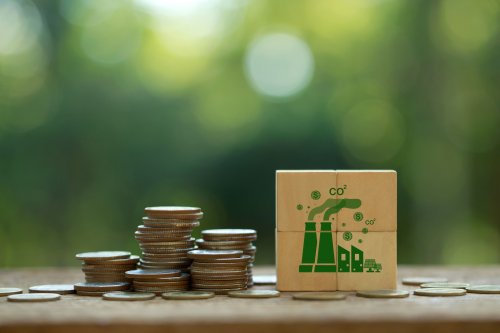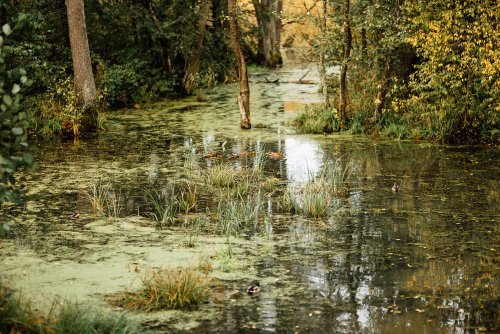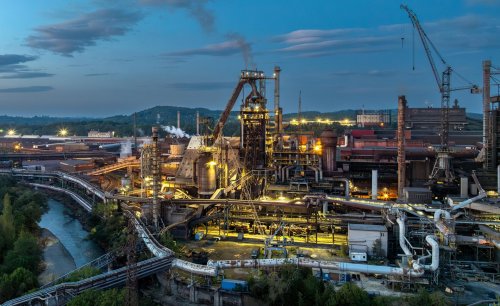The European Climate Neutrality Observatory (ECNO) has published a report entitled "State of EU Progress Towards Climate Neutrality 2024", in which it states that insufficient funding is slowing down the transition to climate neutrality and calls for increased investment in natural carbon dioxide sequestration.
This is stated in the ECNO report published on their website.
In it, experts argue that EU countries are heading in the "wrong direction" in their efforts to reduce carbon dioxide levels, as natural carbon sinks continue to disappear and a lack of investment in climate change jeopardizes progress. They consider it "urgent" to take action to invest in natural carbon dioxide removal by encouraging a greater diversity of tree species.
"There is an urgent need to further expand sustainable forestry practices and promote regeneration, reforestation and sustainable management," the report said.
According to the report, the climate investment shortfall in 2022 was €406 billion, i.e. 50% of the investment needed to move towards climate goals.
ECNO analysts believe that without a "turnaround in financing," the climate transition "could fail." They cited data from fellow researchers, who estimated that to achieve the climate goal of reducing net greenhouse gas emissions by at least 55% by 2030, investment would need to double.
"A strong political push is needed to redirect financial flows to finance the transition period, including phasing out fossil fuel subsidies, and to bridge the investment gap," experts in the report recommend.
While private investment in clean technologies has grown, accelerating the transition requires accelerating investment in critical areas, ECNO warned, including:
- energy-efficient reconstruction of buildings;
- installation of electric heat pumps;
- expansion of wind and solar energy;
- improvement of the power grid;
- development of rail and public transport, as well as zero-emission passenger vehicles and corresponding charging stations.
Clara Kalipel, a researcher at the Institute for Climate Economics and ECNO expert, said fossil fuel subsidies almost tripled between 2021 and 2022, reaching €190 billion amid the fossil energy crisis, and could instead be used to promote clean technologies. and promotion of "green transition".
Eike Carola Welten, lead author of the ECNO report and senior researcher at the Environmental Institute, is confident that in the coming years we will see further promotion of "green" policies in the transition period in the economy and society.
In May, EcoPolitic told that big businesses compete for €40 billion from the EU to reduce carbon emissions.





